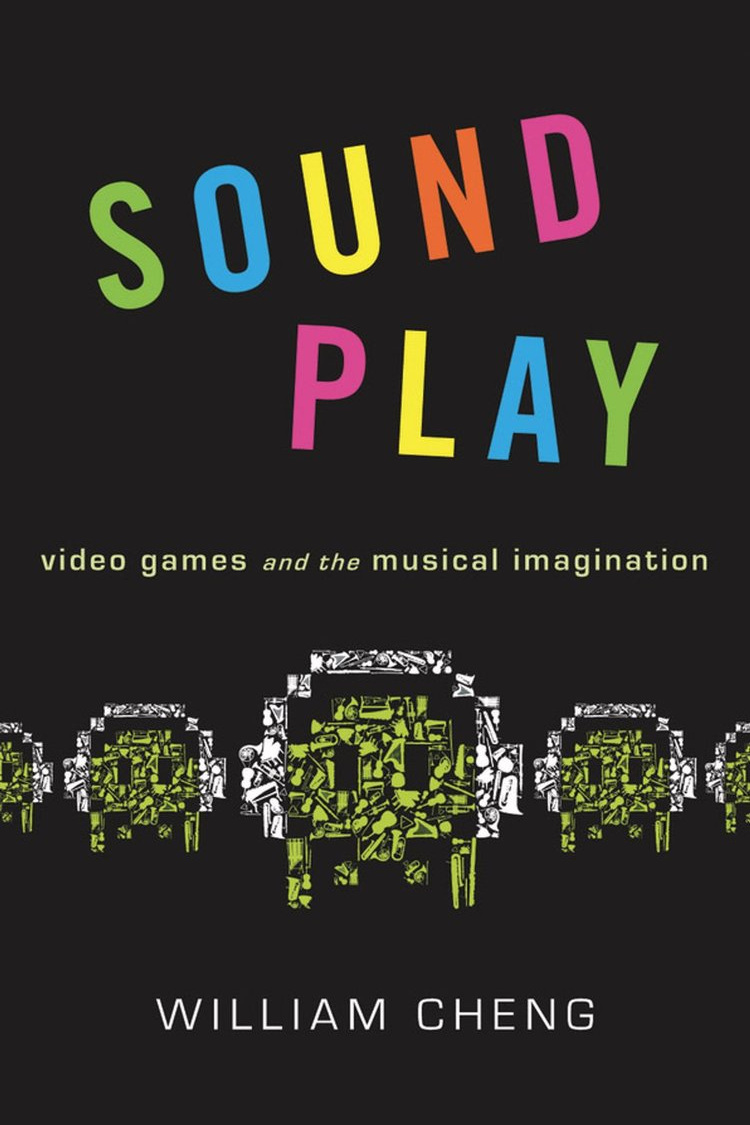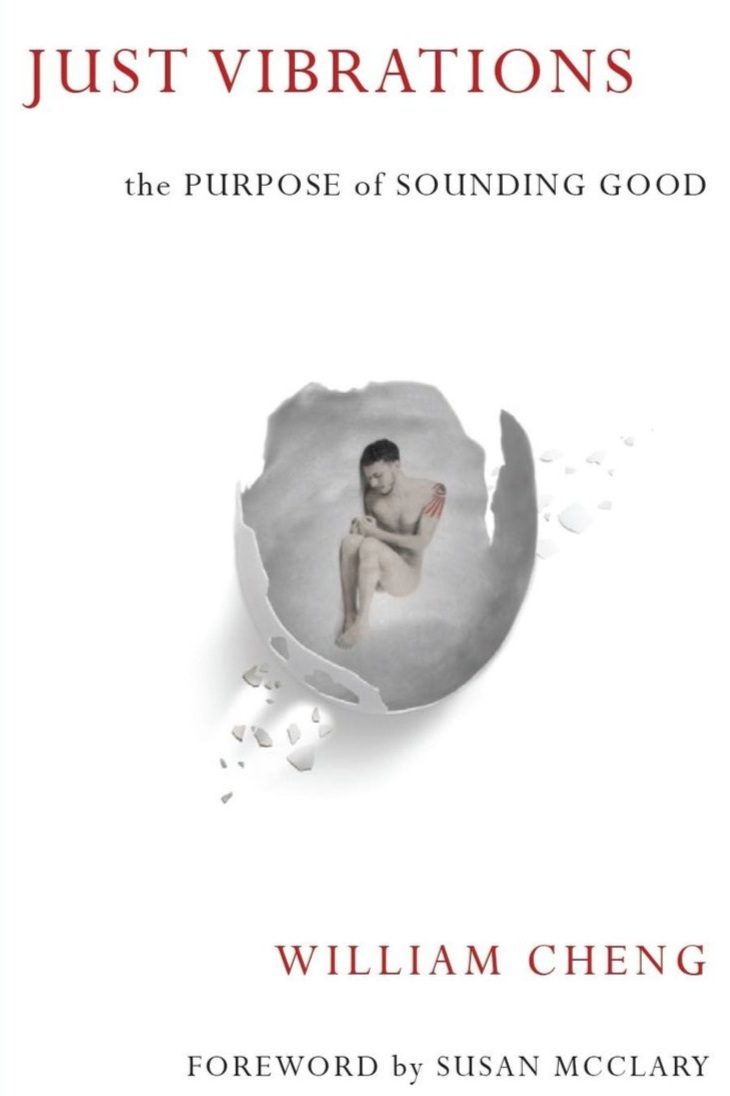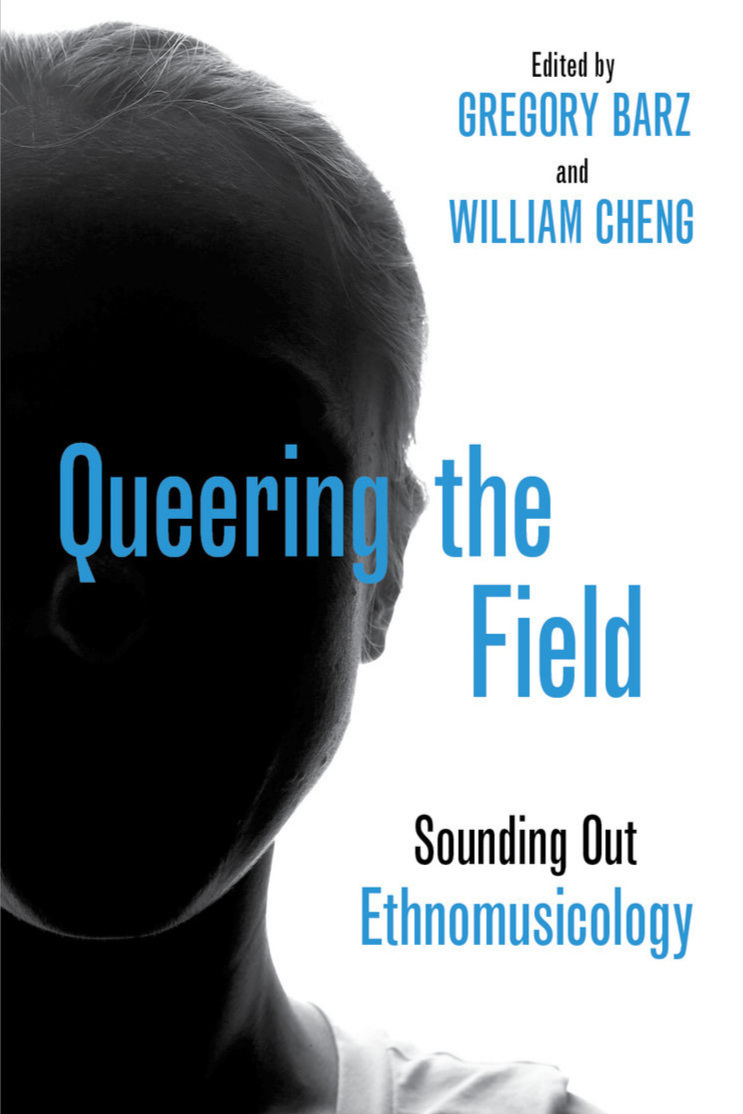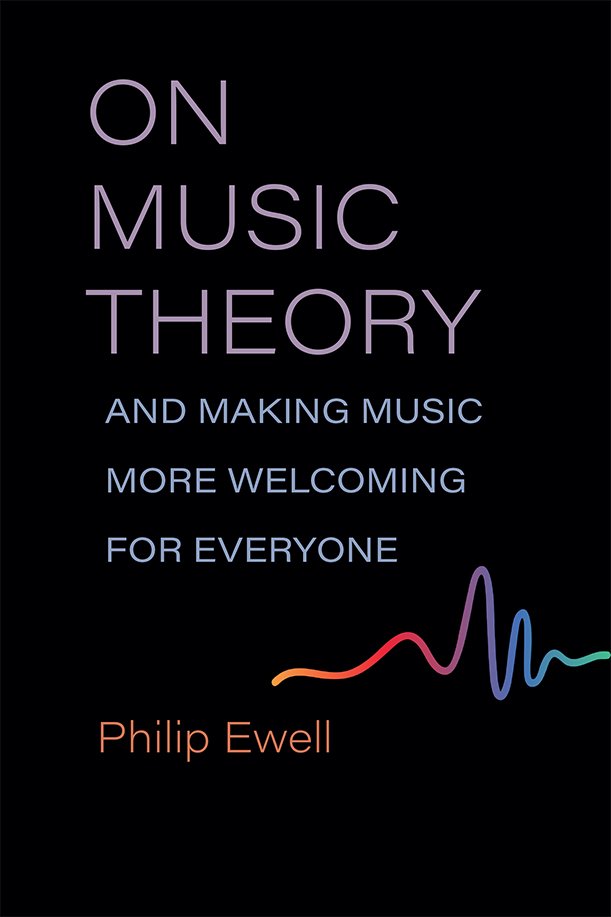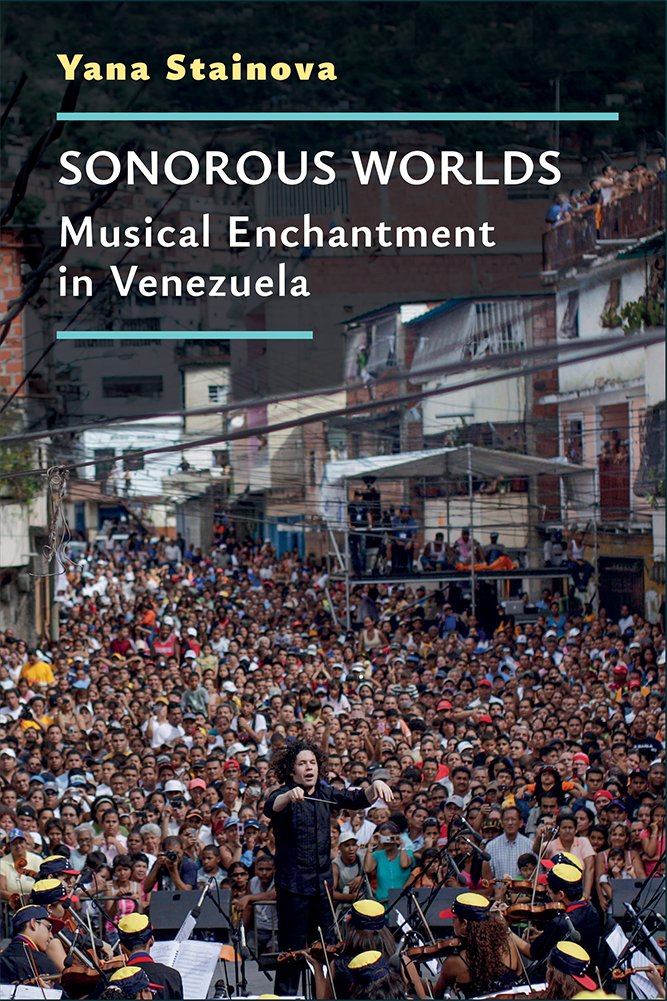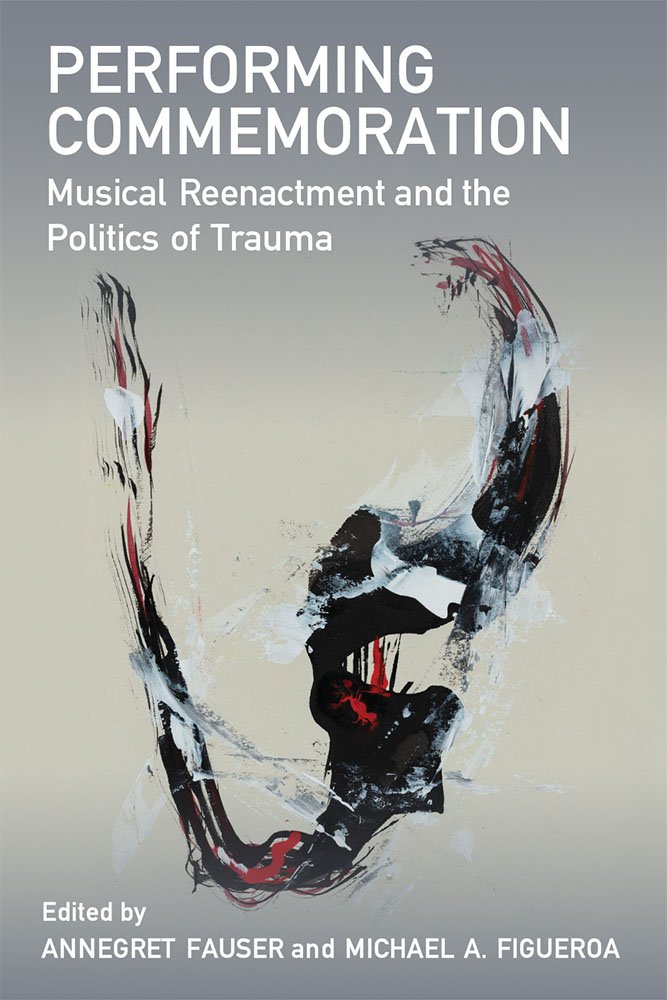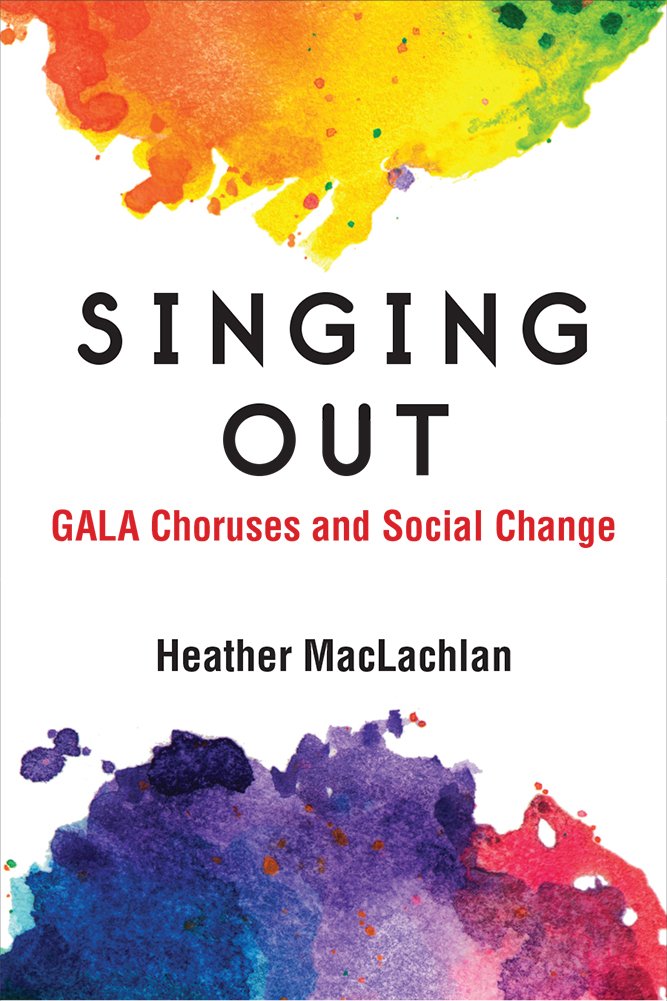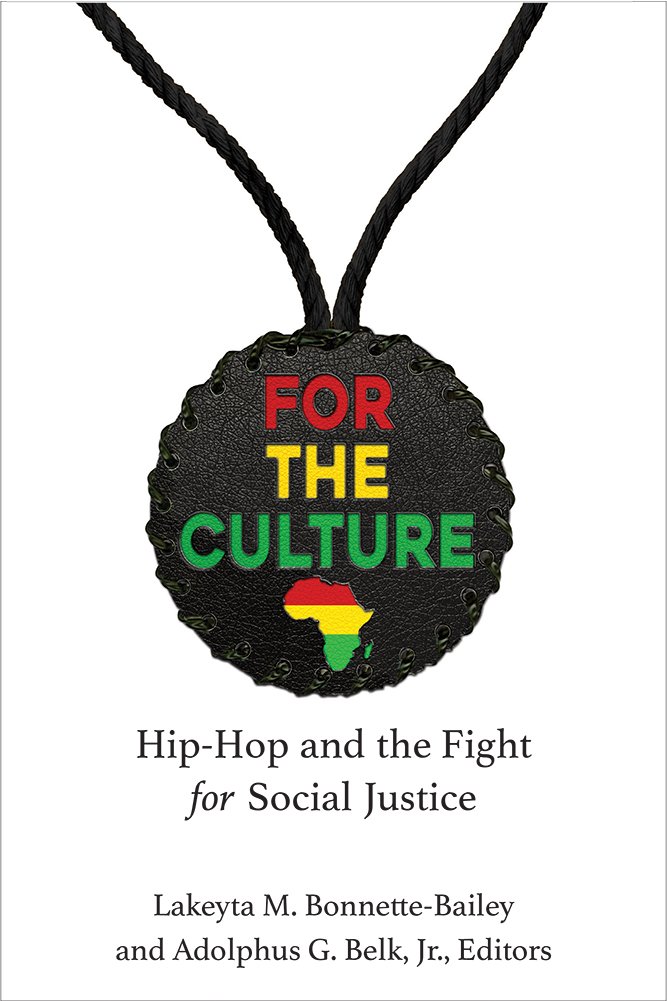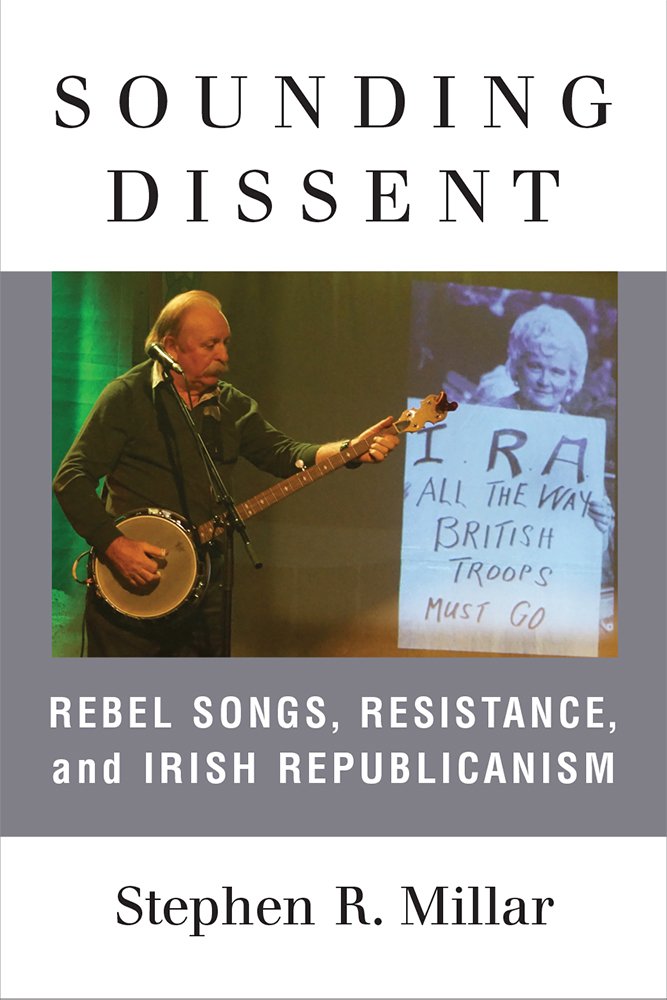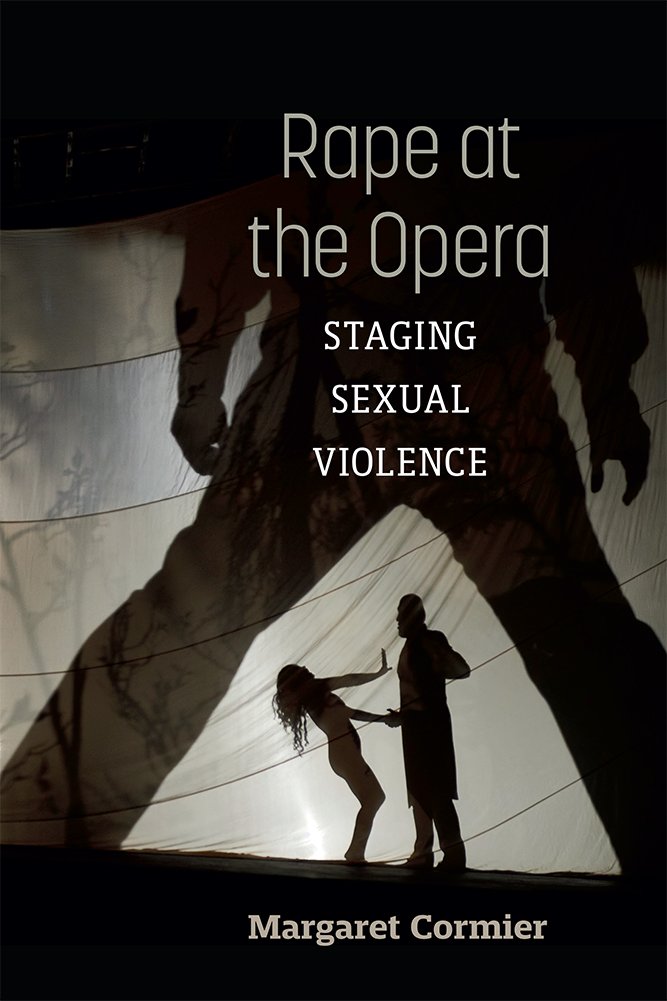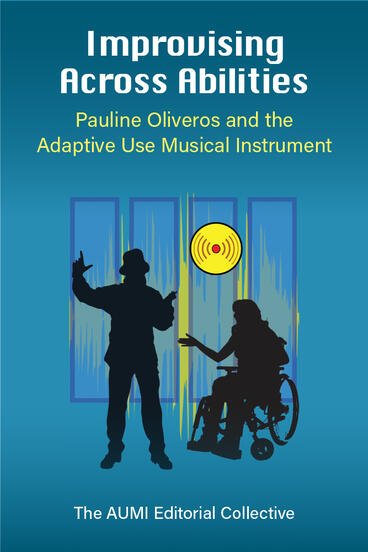the touching pitch project
IN PROGRESS
5 mini-games · 33 chapters · 100 IMPROVISATIONS
SOME RECORDINGS AND STORYBOARDS BELOW · LEARN MORE IN AN INTERVIEW HERE
LOVING MUSIC TILL IT HURTS
Oxford University Press
2019
Can music feel pain? Do songs possess dignity? Do symphonies have rights? Of course not, you might say. Yet think of how we anthropomorphize music, not least when we believe it has been somehow mistreated. A singer butchered or mangled the "Star-Spangled Banner" at the Super Bowl. An underrehearsed cover band made a mockery of Led Zeppelin's classics. An orchestra didn't quite do justice to Mozart's Requiem. Such lively language upholds music as a sentient companion susceptible to injury and in need of fierce protection.
And there isn’t anything wrong with the human instinct to safeguard beloved music . . . except, perhaps, when this instinct leads us to hurt or neglect fellow human beings in turn: say, by heaping outsized shame upon those who seem to do music wrong; or by rushing to defend a conductor's beautiful recordings while failing to defend the multiple victims who have accused this maestro of sexual assault. Loving Music Till It Hurts is a capacious exploration of how people's head-over-heels attachments to music can variously align or conflict with agendas of social justice. How do we respond when loving music and loving people appear to clash?
FROM THE BACK COVER
“This subtle yet powerful book on the complex dynamics of love of music and persons is a crucial part of larger forces in our historical moment: the moral and artistic voices that examine and enact A Love Supreme. And Eva Cassidy smiles!”
CORNEL WEST
Harvard University
“Witty, passionate, provocative, and humane, Cheng’s fascinating book—with its soaring, singing voice—digs deep to the roots of what love, music, and the chords they strike together can mean in an ethically alert life.”
STEPHEN HOUGH
concert pianist
“With rare honesty and unconditional compassion, Will Cheng confronts our deeply held commitment to music as a humanizing force. A bravely vulnerable exploration of both the joys and the dangers of loving music.”
SCOTT BURNHAM
author of Mozart’s Grace
“Cheng’s book made me take stock of my own love for music and for people. And it isn’t all pretty! By the end, I was reading and crying with pen in hand, drawing up resolutions for new modes of loving, living, and listening.”
SHERRIE TUCKER
Author of Dance Floor Democracy
“Equally relevant to musicians, scholars, and fans, Loving Music Till It Hurts is a consciousness-raising book with razor-sharp analyses of how people justify and defend their musical opinions. A must-read.”
DANA GOOLEY
brown university
A CULTURAL HISTORY OF WESTERN MUSIC IN THE MODERN AGE
BLOOMSBURY ACADEMIC (FORTHCOMING 2023)
A Cultural History of Western Music in the Modern Age (coedited by William Cheng and Danielle Fosler-Lussier) covers 1920 to the present – an era of unprecedented global conflict, transnational diplomacy, intercultural influence, ecological crisis, technological innovation, and collaborative experiments among artists. No single or clear-cut narrative can accommodate the complex power, scope, and definition of Western Music during this period. From the disciplinary systems of the Suzuki Method to the esoteric philosophies of Sun Ra, from the rapid commercialization of audio recordings to the multi-genre soundtracks of Black Lives Matter: this volume’s authors present an array of research methods, case studies, geopolitical snapshots, and startling insights into the worldwide reach of Western music over the last century.
The 6-volume set of the Cultural History of Western Music (series editors Alexander Rehding and David Irving) presents the first comprehensive history from classical antiquity to today, covering all forms and aspects of music and its ever-changing social context. The themes covered in each volume are society; philosophies; politics; exchange; education; popular culture; performance; and technologies.
Chapter authors: Penny Brandt, Hyun Kyong Hannah Chang, William Cheng, Rob Deemer, Danielle Fosler-Lussier, Anna Gawboy, Ellie M. Hisama, Stephanie Jensen-Moulton, Marysol Quevedo, Anicia Chung Timberlake
OTHER BOOKS
SOUND PLAY: VIDEO GAMES AND THE MUSICAL IMAGINATION
Oxford University Press
2014
Video games open portals to fantastic worlds where imaginative play and enchantment prevail. These virtual settings afford us freedom to act out with relative impunity. Or do they? Sound Play explores the aesthetic, ethical, and sociopolitical stakes of people's creative engagements with gaming's audio phenomena: from sonorous violence to synthesized operas, from democratic music-making to vocal sexual harassment. With studies spanning Final Fantasy VI, Silent Hill, Fallout 3, The Lord of the Rings Online, and Team Fortress 2, this book proposes that what we do in the safe and sound spaces of games can teach us a great deal about human values in everyday life.
JUST VIBRATIONS: THE PURPOSE OF SOUNDING GOOD
University OF MICHIGAN Press
2016
Just Vibrations bends our collective ears toward the vitality and precarity of optimism, dependence, and reparative agendas in academia and in daily life. The book calls for a radical embrace of interpersonal care as a potential core—as opposed to merely extracurricular—component of intellectual labors. In the event we break, who will rush to criticize and who will stop to offer aid? Should our voices crack, who may take pains to listen all the more closely? Traversing the resonant archives of reindeer games, personal impairment, scholarly strife, queer hope, musical violence, and accessible soundscapes, this book advocates for care work as a barometer of better worlds.
QUEERING THE FIELD: SOUNDING OUT ETHNOMUSICOLOGY
Oxford University Press
2019
Queering the Field is the first book devoted to queer ethnomusicology. This collection of original essays makes an ambitious effort to queer musical fieldwork and expose new horizons of ethnomusicological scholarship. The volume raises two significant issues: first, ethnomusicology’s normalized approaches to musical ethnography (fieldwork, methodology, analysis, transcription); second, the sexual identities and modes of identification at play in the ethnomusicological field(s). Our eighteen authors expand the critical, social, and behavioral rubrics of musicality to examine the queer potentialities of play, performance, masquerade, and subjectivity.
MUSIC AND SOCIAL JUSTICE SERIES
SERIES EDITORS
William Cheng (Dartmouth College)
Andrew Dell’Antonio (University of Texas at Austin)
CALL FOR SUBMISSIONS
Music and Social Justice is actively seeking projects engaging with the dynamic roles of music, sound, artists, and activists within and across agendas of social justice, past and present. We are interested in how music and musicians make and unmake worlds, nations, communities, and bodies. We welcome monographs, edited volumes, graphic novels, multimedia formats, and alternative modes of scholarly-creative endeavors. And we are open to prospective authors who wish to challenge the rhetorical, discursive, and presentational norms of academic prose in the name of experimentalism, outreach, anti-capitalism, anti-colonialism, and neurodiversity.
SENIOR ACQUIRING EDITOR
Sara Cohen (University of Michigan Press)
EDITORIAL BOARD
Naomi André (UNC-Chapel Hill)
Suzanne G. Cusick (New York University)
Ellie M. Hisama (University of Toronto)
Mark Katz (UNC-Chapel Hill)
Alejandro L. Madrid (Harvard University)
Darryl "D.M.C." McDaniels (MC)
Carol J. Oja (Harvard University)
Shana L. Redmond (Columbia University)
ABOUT
I’m Chair and Professor of Music at Dartmouth College. An avid gamer and lifelong pianist-improviser, I work at the intersections of cultural histories, disability studies, media theories, care ethics, race, and queerness. I received a B.A. in Music (Piano Performance) and English (Creative Writing) from Stanford University in 2007 and a Ph.D. in Musicology from Harvard University in 2013.
My books include Sound Play: Video Games and the Musical Imagination (Oxford University Press, 2014), Just Vibrations: The Purpose of Sounding Good (University of Michigan Press, 2016), Loving Music Till It Hurts (Oxford, 2019), Queering the Field: Sounding Out Ethnomusicology (Oxford 2019, coedited with Gregory Barz), and A Cultural History of Western Music in the Modern Age (Bloomsbury Academic, 2023, coedited with Danielle Fosler-Lussier). I’ve contributed op-eds and features to Washington Post, Slate, TIME, Huffington Post, Chronicle of Higher Education, and Pacific Standard.
As a social justice advocate, I'm a founding coeditor (with Andrew Dell’Antonio) of University of Michigan Press’s Music & Social Justice Series; an elected representative for the American Musicological Society’s Ethics Committee (2021–24); a past Board Member of JAG Productions, an incubator for theater and community formation; and an ambassador and volunteer for WISE, an organization seeking to end gender-based and intimate-partner violence in the Upper Valley and beyond. I serve on the boards of Journal of the Society for American Music, Music & the Moving Image, Women & Music, Ethnomusicology Review, Sound Studies, and Journal of Videogame Sound and Music, and I previously served as Chair of the Dartmouth Music Department from 2020–22.
I’m the recipient of a 2023 Scholarly Innovation and Advancement Grant (Dartmouth), 2022–23 Radcliffe Fellowship (Harvard Radcliffe Institute), 2020 Jerome Goldstein Distinguished Teaching Award (Dartmouth), 2020 Irving Lowens Article Award (Society for American Music), 2020 Marcia Herndon Book Award (Society for Ethnomusicology), 2019 Richard Waterman Prize (Society for Ethnomusicology), 2018 Wetterhahn Memorial Award for Distinguished Creative or Scholarly Achievement (Dartmouth), 2017 Enhanced Junior Faculty Fellowship (Dartmouth), 2016 Philip Brett Award (American Musicological Society), 2014–15 Public Voices Fellowship (Op-Ed Project), 2014 William F. Milton Fund (Harvard), 2013 AMS 75 PAYS Subvention (American Musicological Society), 2011 Philip Brett Award (American Musicological Society), 2010 Mark Tucker Award (Society for American Music), and 2010 Howard Mayer Brown Fellowship (American Musicological Society). I was a Junior Fellow with the Harvard Society of Fellows between 2012 and 2016.
My forthcoming project is called Touching Pitch: Classical Improvisation as Everyday Practice. Composed of 5 narrative mini-games, 33 prose chapters, and 100 original piano improvisations (recorded between May 31, 2022 and May 31, 2023), Touching Pitch illustrates how culturally-hybridized pedagogies and practices of Western classical improvisation (a so-called lost art) may empower minoritized musicians to animate a spectrum of anti-racist, anti-assimilationist, anti-capitalist, and decolonial agendas in the twenty-first century. I’m also presently laying groundwork for two transnational ethnographies: Gaslight of the Gods: Chronicles of Trauma, Survival, and Restorative Justice in Music Education around the World (University of Michigan Press); and The Revolution Will Be Deafening: Sonic Artillery, Weaponized Peacekeeping, and Global Futures of Civil Protest (publisher TBD).







